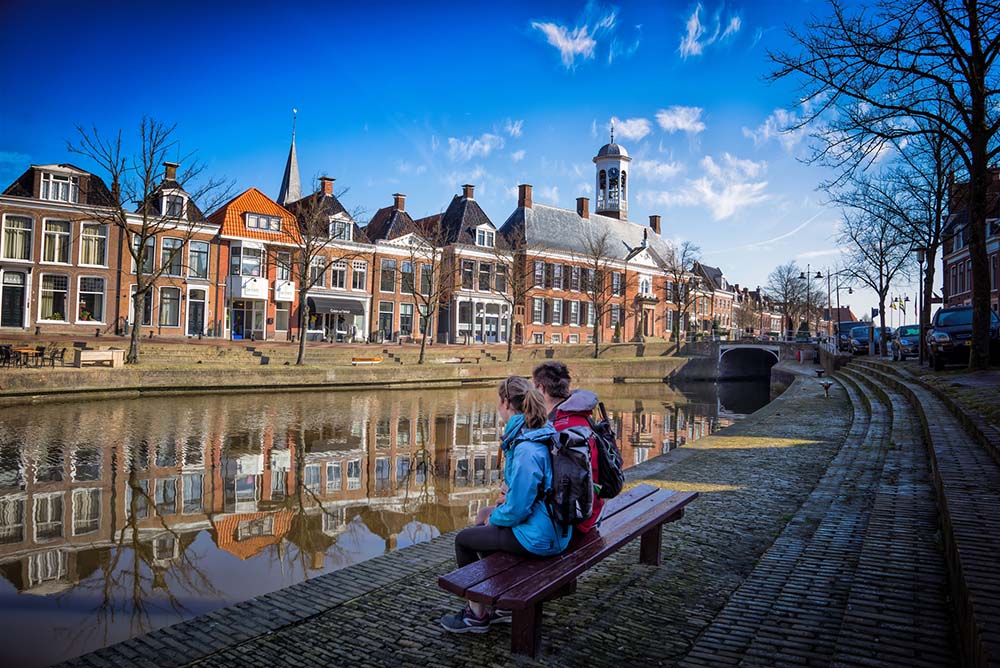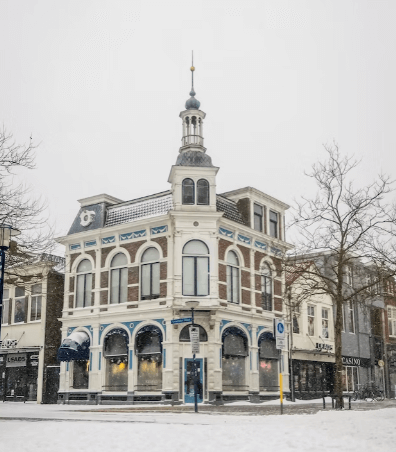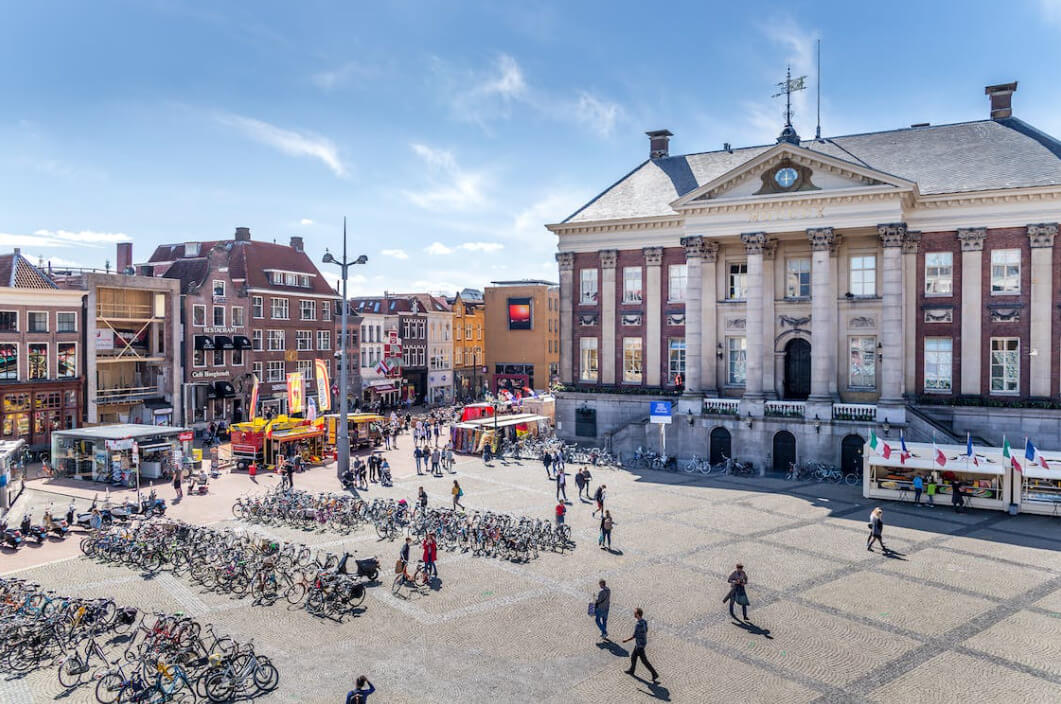PhD in Threads of Power and Exploitation

Fully funded PhD position in Art and Architecture History at the Faculty of Arts, University of Groningen (start date: October 1, 2025) in the project “Threads of Power and Exploitation. Silk's Legacies in Art, Architecture, and its Non-Human Heritage”.
This PhD project examines the historical exploitation of non-human actors in silk production from the 17th to 19th centuries, exploring its impact on art, architecture, and material heritage. Silk production relied on the systematic breeding and sacrifice of silkworms, the cultivation of mulberry trees, and extensive water use, reshaping landscapes and ecosystems. Simultaneously, silk signified wealth and power, adorning royal residences and architectural interiors while concealing the environmental and ethical costs of its creation. Colonial economies further intensified silk extraction, intertwining human labor and non-human exploitation. Museums and heritage sites continue to celebrate silk’s opulence without critically engaging with its exploitative origins. This project seeks to reframe heritage narratives by shifting focus from finished silk artifacts to their material realities. It invites research on sustainability, ethics, and contemporary reinterpretations of silk in art and architectural heritage, challenging anthropocentric perspectives and advocating for a more inclusive understanding of material culture.
This PhD project offers a unique opportunity to work in an international environment and to acquire valuable research experience. The student will be housed at the Department of History of Art, Architecture and Landscape, which hosts an active community of PhDs and postdocs. The student will become a member of the Groningen Institute for the Study of Culture (ICOG) where they will follow the doctoral training programme and will have the opportunity to connect with peers and other colleagues. Where relevant, the student will also participate in the Research Networks in History and Classics (CRASIS), and in the activities of the Spatial Heritage Research Group. For teaching duties, the candidate will, in consultation, be involved in the Art History BSc program, in the Architecture History or Art History master programs. Teaching will take place in 2nd, 3rd, and 4th year. The candidate is required to reside in the Netherlands, preferably near Groningen.
The PhD Project
In the PhD project, jointly supervised by dr. Federica Marulo (Cultural Heritage, Identity, and Architecture History) and dr. Veronica Peselmann (Art History) and with prof. Cor Wagenaar (History of Architecture and Urbanism) as professor of record.The selected candidate will identify their own interdisciplinary focus and interest within the broad framework set out above. Candidates are asked to formulate and explain their focus in a research proposal, in which they describe their own research idea, possible case studies and geographical contexts of reference, possible archives and primary sources. Please note that an interdisciplinary focus is fundamental to this project, which means that candidates are encouraged to find connections between the disciplines of art and architecture history, and related types of sources. For a more detailed project description, see the full description here: https://drive.google.com/file/d/1GaZVfZ3f28NglTz2MtJCkLYvoHudAZVJ/view?usp=sharing
You will be asked to:
- Research, Fieldwork and Data Collection: Conduct literature review on themes related to silk production, material culture in art and architecture, non-human studies, and critical heritage approaches; Develop and implement a theoretical framework integrating qualitative research methods and material analysis focused on art and architecture; Identify and establish key case studies (e.g., proto-industrial silk sites, royal residences, museum collections); Document historical exploitation of non-human actors through archival research, examining, e.g., trade documents, production records, and conservation reports; Conduct site visits to examine silk-related heritage and materials; Perform comparative analysis across selected case studies, ensuring consistency in methodology and findings.
- Writing and Dissemination: Draft and refine thesis chapters according to a structured timeline; Prepare and submit research findings for publication in journals; Present findings at seminars, conferences, and workshops throughout the research period.
- Collaboration and Feedback: Engage in peer review and feedback processes to refine research arguments and methodology; Work closely with supervisors to address feedback and improve thesis structure and content.
- Complete the PhD in the specified timeframe (4 years).






